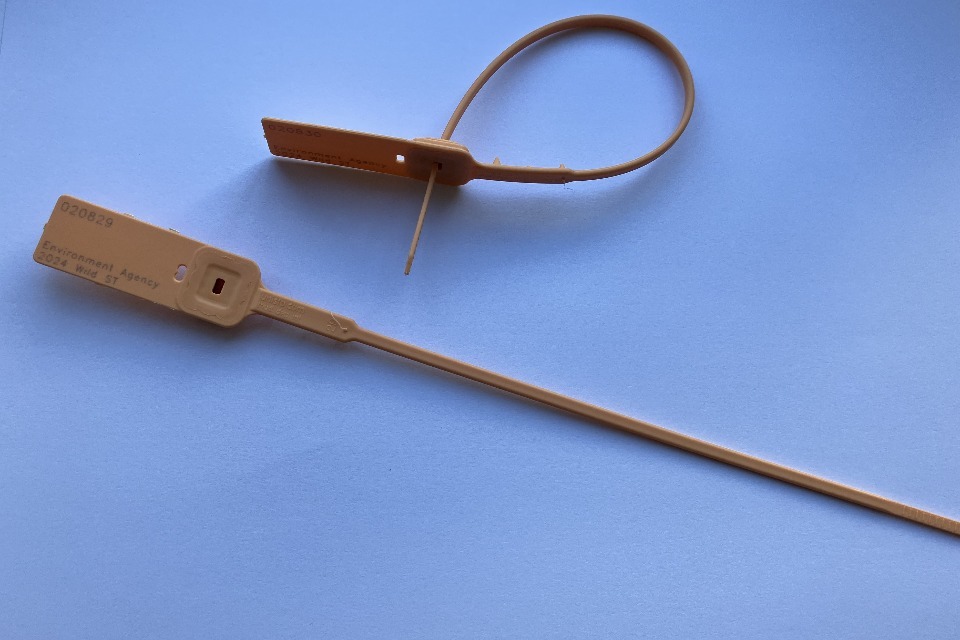Buying and selling wild salmon and sea trout in England: the law
Updated 16 August 2024
Applies to England and Wales
1. How to comply with the law
If you buy or sell wild salmon or sea trout in England, it is against the law to:
- sell, offer to sell or barter, fish caught by rod and line (including fish caught by rod and line outside of England)
- handle fish which have been caught illegally
- handle fish that are ‘unclean’ as described under ‘What unclean fish are’
- handle fish which have been taken during the close season
Different parts of England and Wales have different close seasons, although no salmon net fishery can open until 1 June. For details of the rod fishing close season see the freshwater rod fishing rules (byelaws).
All salmon caught in licensed net fisheries in England must be returned alive unharmed to conserve stocks. Net fishers may only take sea trout.
You could receive a substantial fine if you handle salmon or sea trout that have been caught or sold illegally.
These offences apply to whole fish and portions of fish.
None of these offences apply to farmed salmon and sea trout.
2. Carcass tags
It’s easy to find out which fish can be bought and sold legally.
It’s illegal to sell any wild salmon caught in England.
You may sell net caught sea trout.
Any sea trout caught in a licensed net or trap fishery in England must have an Environment Agency carcass tag attached through its mouth and gills. This must remain attached until the fish is processed.
Sea trout caught must have an Environment Agency carcass tag

It is illegal to sell any salmon with this type of tag attached
Rod caught and illegally caught fish will not have an Environment Agency carcass tag attached. It is illegal to sell these fish.
Salmon caught by anglers fishing on some rivers may carry a different tag, used where anglers are limited in the number of fish they can take. These fish must not be sold.
Illegally caught fish may also have:
- spear or gaff wounds
- snare or gill net marks
You may still trade in farmed and imported net caught fish, but these will not have an Environment Agency carcass tag.
If you want further proof of where fish have come from, especially if they are imported, ask the seller for a signed receipt that shows:
- the seller’s name and address
- how many fish were sold and their tag identification numbers
- how the fish were caught
- when and where the fish were caught
- the name and licence number of the person that caught the fish
3. What unclean fish are
An ‘unclean’ fish is one that is about to spawn, is spawning, or has recently spawned and has not yet recovered.
These fish can be a dark colour with red spots on their gill covers. Their fins may be ragged, and eggs or milt (a white milky substance) may run from the vent. Unclean fish are not good to eat.
You will be breaking the law if you buy or sell unclean fish.
4. When to contact the Environment Agency
Contact the Environment Agency’s incident hotline if you are offered wild salmon or sea trout you suspect have been:
- rod caught
- illegally caught
- are unclean
The Environment Agency will treat all information as confidential.
Environment incident hotline
Contact form https://www.gov.uk/rep...
Telephone (24 hour service) 0800 80 70 60

